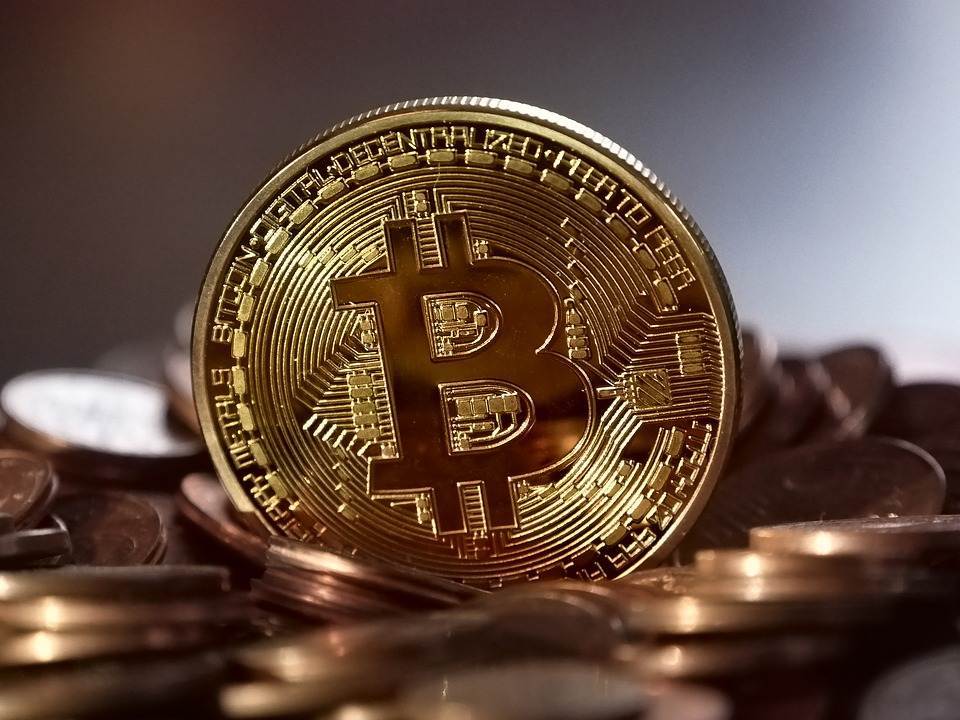
Clarification from Brinkhaus Petrol is also becoming more expensive with the Union
Status: 11.06.2021 10:40 a.m.
When it comes to the issue of gasoline prices, the focus is on the Greens. The grand coalition decided to increase the price of CO2 a long time ago. Union faction leader Brinkhaus made this clear again, but demanded an appropriate transition period. In the dispute over rising gasoline prices, Union parliamentary group leader Ralph Brinkhaus has made it clear that gasoline would also become more expensive with the Union at the head of the future federal government. “Petrol is getting more expensive, now a little bit, in the second half of this decade it will be really more expensive,” said the CDU politician in Im ARD morning magazine . This was already decided in autumn 2019. “The fight against climate change will not be for free.”
Not the “if”, but the “when” is up for debate
It is important to create realistic and fair transition periods. Germans do not have to sell their cars immediately, but they do have to be prepared to switch to electric cars or low-consumption cars in the future. The social question is not that gasoline will become more expensive. “But the social question is: Do people have a transition period that is long enough to adapt,” said Brinkhaus. This applies not only to gasoline, but also to heating. The plan is to absorb the rising prices through subsidy programs.
Gasoline price hike long been a done deal
In the debate about higher fuel prices, government spokesman Steffen Seibert had recently made it clear that the prices for fuels such as gasoline and diesel would rise in the coming years anyway. The federal government has decided to scale the CO2 price up to 2025, which already has “effects on all fuel prices”, said Seibert last Friday. This applies equally to gasoline, diesel and heating oil. The background to the statements: The coalition of the Union and the SPD had introduced CO2 pricing in traffic and buildings as a central measure in the fight against climate change. Since the beginning of the year, the CO2 price has been 25 euros per ton. According to previous plans, it should rise to 55 euros by 2025. According to calculations, this would mean a surcharge of at least 15.5 cents for a liter of petrol and at least 17.4 cents for a liter of diesel.
Baerbock’s advance fueled debate
In line with the new climate goals of the federal government, the Greens are calling for the increase to be brought forward and for the CO2 price to be raised to 60 euros per ton as early as 2023. At the same time, they propose to give back 75 euros each from the state revenue from the CO2 price to the citizens in order to avoid social upheaval. Most recently, the Green Chancellor candidate Annalena Baerbock fueled the debate. According to her party’s draft program, she advocated a gasoline price increase of 16 cents and, after her announcement, received a lot of criticism, especially from the ranks of the SPD. CSU General Secretary Markus Blume also accused the Greens of proceeding ideologically in the climate debate. “For Annalena Baerbock, climate protection is above all a fight against drivers,” Blume told the media. Mobility shouldn’t be a luxury. Rural areas and commuters will not be allowed to bear the burden unilaterally.
A clear majority rejects gasoline price increases
Environmental groups have long accused the parties of “dishonest election campaigns at the expense of the climate and biodiversity” and argued that the German government itself initiated the price of CO2, which is already making fuel more expensive and will continue to make it more expensive. The opinion of the Germans is pretty clear: According to the latest GermanyTrend three quarters (75 percent) of Germans reject a gasoline price increase. 22 percent think such a measure is a step in the right direction. A switch from internal combustion engines to electric drives in cars is also rejected by 57 percent. 37 percent would support such a measure.





























































You must log in to post a comment.